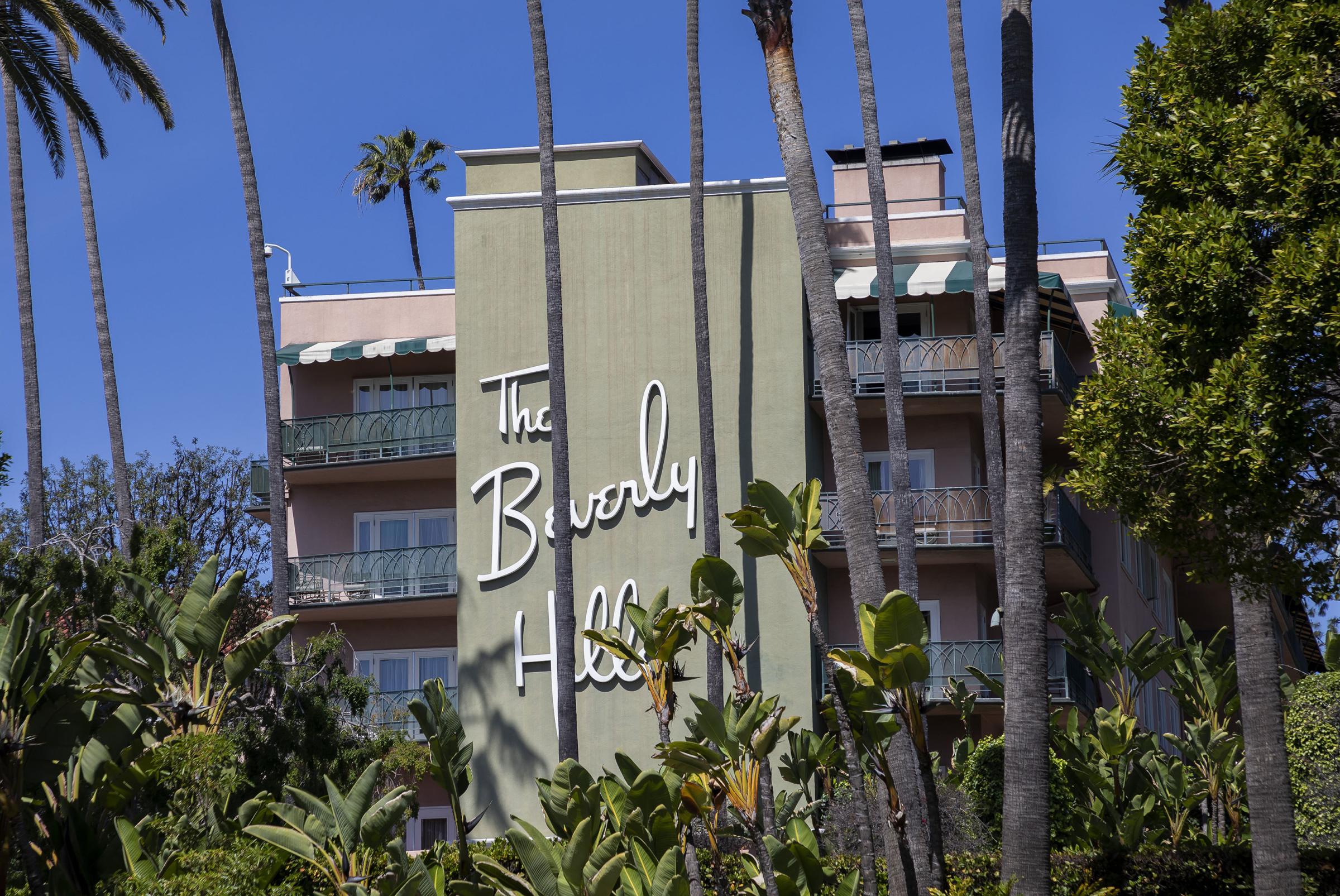S.’s sexuality was a closely guarded secret even before Brunei this week enacted the final phase of its draconian new penal code, which includes death by stoning for people found guilty of gay sex or adultery.
Homosexuality has long been outlawed in the tiny, Muslim-majority Southeast Asian nation. But with the enhanced penalties, the question for S. is no longer whether his government will crack down, but when.
“Sooner or later they will enforce the law, either it’s now or slowly creeping,” S. says. TIME is not printing his full name out of concern for his safety.
In Brunei, an oil-rich fiefdom ruled since 1967 by multi-billionaire Sultan Hassanal Bolkiah, a small LGBTQ community persists underground. Despite the legal risks, discrimination and stigma, some people, like S., used to venture onto to dating apps like Asia Free Chat and Grindr. But since the new Shariah-inspired penal code went into effect Wednesday, S. says he and others he knows have quit online dating altogether and face a deepening climate of fear.
“I felt like even chat rooms are filled with… hidden people and I’m scared they might just take me away once I get caught by them,” he says.
He worries that if he were to meet someone for a date after chatting online, he could wind up face-to-face with “a government spy,” instead.
In addition to penalizing gay sex with death by stoning, Brunei now prescribes the punishment for extramarital sex, abortion and blaspheming the Prophet Mohammed. Lesbian sex, which was previously punishable with imprisonment and a fine, can now prompt 40 lashes.
These harsh new laws encountered swift, global backlash. The United Nations has condemned the punishments, as have foreign governments and LGBT activists in the region. Western celebrities, including George Clooney, Ellen DeGeneres and Elton John, called for a boycott of the luxury hotels owned by Brunei’s well heeled leader – including the Beverley Hills Hotel.

Shahiran Shahrani, an activist and Brunei native who came out after fleeing to Canada last year, says the Sultan pushed the law through to burnish support among the country’s conservatives as the population of 450,000 watches their standard of living fall.
“Unemployment has been rising for the past few years, the economy is going downhill. These laws are being rushed through, it doesn’t seem like a coincidence,” he says.
The Brunei Labour Force Survey issued by the government in 2017 shows that unemployment rose from 6.9% in 2014 to 9.3% in 2017. The unemployment rate is even higher among young people: 44.2% in 2017 for 15 to 24-year-olds.
Average incomes are also decreasing. The same survey shows monthly incomes declining from approximately $1,387 in 2014 to approximately $1,094 in 2017.
Oil and gas revenues account for over half of the country’s GDP and 90% of government revenue, and the economy has slowed as global oil prices have fallen.
Joshua Roose, Senior Research Fellow at the Institute for Religion, Politics and Society at Australian Catholic University, tells TIME that it seems clear that the new law is meant to help the 72-year-old Sultan tighten his grip on the country to stave off unrest.
“The police force can now regulate individual moral affairs which allows them unprecedented reach into families and homes. If people are suspected or alleged to be breaking laws related to morality that justifies measures including surveillance and phone taps,” he says. “Anyone who is seen as a potential political threat can now be subjected to these laws.”
In Brunei, capital punishment was previously legal, but infrequently exercised. The last execution was carried out in 1957. Some believe that even if the strict new punishments are not meted out, they signal a rising intolerance, as well as a further marginalization of the LGBTQ community.
“I’d hate to be the first gay man to be tried under the [new] system,” says Shahrani, who is seeking asylum in Canada after he says he was charged by the Brunei government for a critical Facebook post.
S. too says he’s considering leaving the country like other LBGTQ Bruneians have, but he says his family counts on him for financial support. His adds that his family knows about his sexuality.
“It’s complicated, the thought of being all alone without the support of family,” he says. “It is really hard.”
More Must-Reads from TIME
- Why Trump’s Message Worked on Latino Men
- What Trump’s Win Could Mean for Housing
- The 100 Must-Read Books of 2024
- Sleep Doctors Share the 1 Tip That’s Changed Their Lives
- Column: Let’s Bring Back Romance
- What It’s Like to Have Long COVID As a Kid
- FX’s Say Nothing Is the Must-Watch Political Thriller of 2024
- Merle Bombardieri Is Helping People Make the Baby Decision
Write to Amy Gunia at amy.gunia@time.com